Years ago, I distinctly remember feeling disappointed when Black Mirror creator Charlie Brooker said he wanted to pivot the anthology towards less bleak and dystopian stories. The essence of Black Mirror, what made – and still makes the series so cutting and compelling, is its commitment to confronting technology and its attendant horrors. I worried that if Brooker abandoned the trademark existential horror, the series would meet its own Black Mirror-esque demise.
Well, Season 7 rolled out recently on Netflix, and Brooker followed through with his intention to steer his stories away from despair. And you know what? I’m not mad about it. In tone and theme, the seven episodes now embrace a broader spectrum of emotions than before. There’s hope, nostalgia, longing, even sentimentality. This gave the series a much-needed reset in some ways, but as with any anthology, Season 7 is a mixed bag.
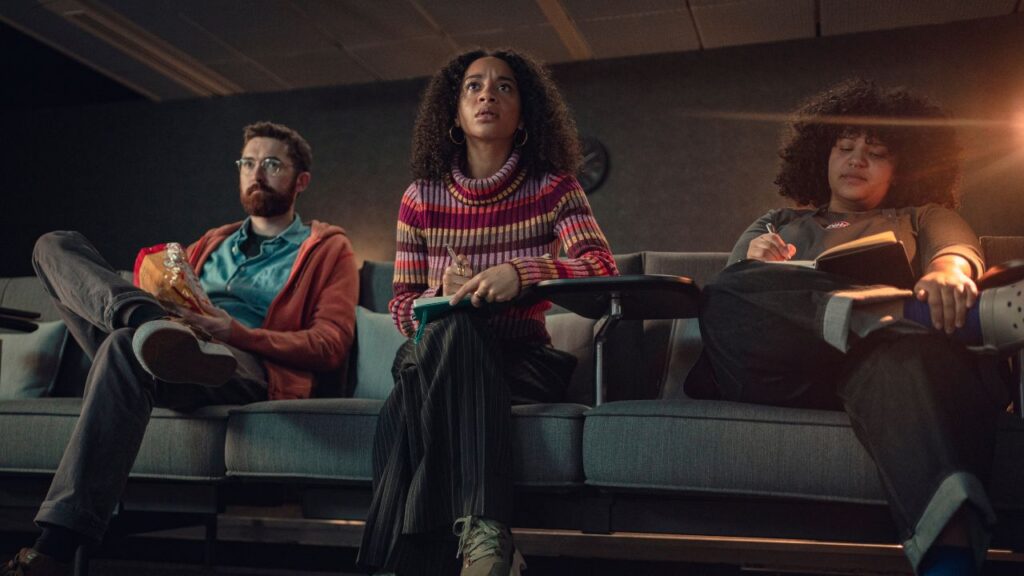
The premiere episode “Common People” was arguably the best of this season. Part comedy, part tragedy, “Common People” explores how an ordinary couple is destroyed by tiered subscriptions and merciless advertisements. The episode satirises what Brooker calls ‘enshittification’ – the gradual decline when what was once good gets worse over time. Here, the corporate need (and greed) to squeeze consumers for profit is the true evil. With pathos, relatable characters, and a frighteningly plausible future, “Common People” feels like a return to the original Black Mirror.
In “Hotel Reverie,” actress Brandy is tapped to remaster an old film. When Brandy gets trapped (predictably) inside the film world, she cannot deviate from the script if she wants to leave it. Later, her on-screen lover Clara pierces the veil and learns the true nature of her world and the actress who portrayed her. As a nostalgic ode to classical Hollywood, “Hotel Reverie” was conceptually cool but ironically proves that not all ideas translate well on screen.
Now, Black Mirror has done queer romance before. “San Junipero” was a huge fan favourite for good reasons. Even the lukewarm “Striking Vipers” had something to offer about male relationships. But “Hotel Reverie” suffers from the same limitations as Brandy: it does not allow itself to stray from the script. We could have had an affecting interracial love story between two women from different eras. But the AI Clara never even perceives her lover as a Black woman from the future. For me, this hollows out the depth of emotion for their relationship.
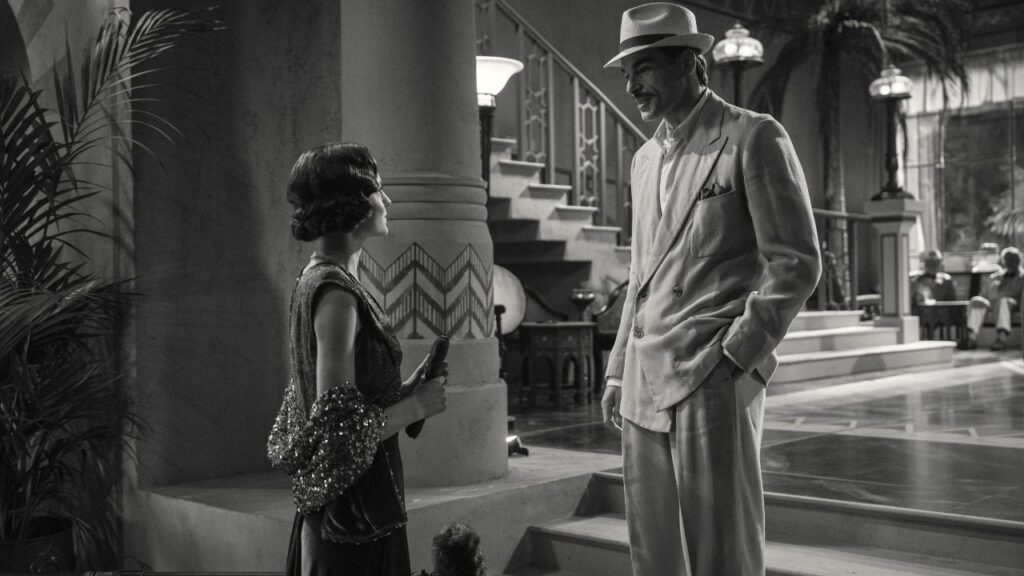
“Bête Noire” was a solid episode that had fun messing with the audience. There were apparently two versions, and depending on what device you watch on, reality, shall we say, shifts. Very meta of Brooker, for this is an episode all about gaslighting, sanity, and questioning the nature of reality. But the ending, unfortunately, undercut everything before it. Now, I like extreme endings, but what makes Black Mirror so unsettling is how real and possible the scenarios are, and “Bête Noire” overshot reality by lightyears.
The finale, “USS Callister: Into Infinity,” was a welcome surprise and change for the anthology. To my knowledge, no other episode has had a direct follow-up before. This is the sequel to Season 4’s “USS Callister” that we deserve. We pick up with the crew from where we last saw them. Having survived the psychopath tyrant Daly, they now struggle with the “cost of existing” in a virtual world. There’s less horror but more humour, and the intrepid little crew gets a hopeful ending.
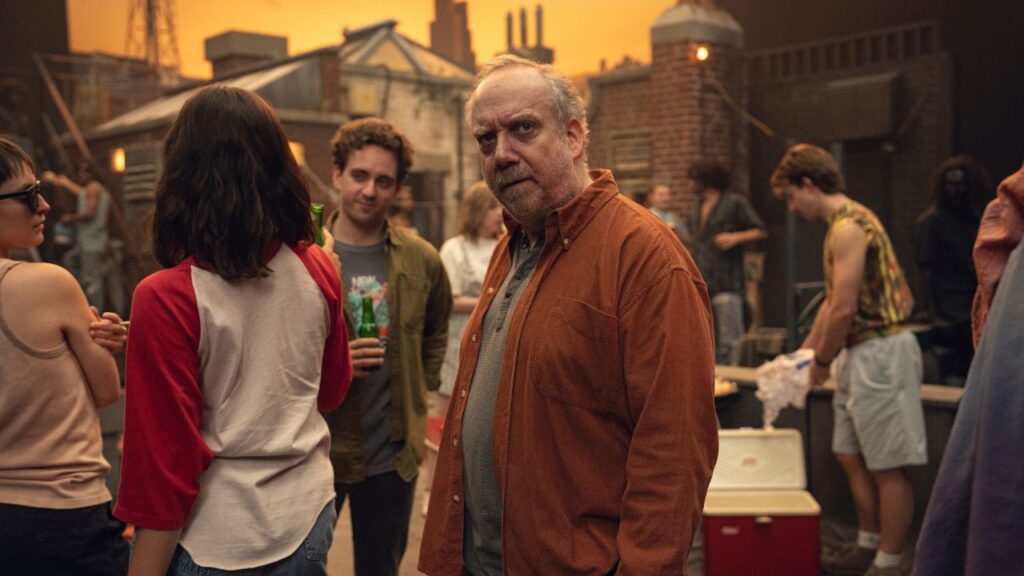
Would I have still enjoyed Season 7 if I hadn’t known beforehand about Brooker’s desire to move the series away from dystopia towards hope? I can’t honestly say. The newest season didn’t have the gravitas of Seasons 1 to 3, which were the glory days. But it was a genuine improvement to recent years. I’m all for experimentation, but Brooker’s forays into the straight-up supernatural in Season 6 was a misfire. Surely there’s some memory erasing device that’ll help us forget that werewolf episode.
What I admire most about Brooker as a creative is that Black Mirror was never technologically deterministic. Brooker avoided painting technology in simplistic, good/bad binaries. It was always about humanity’s endlessly creative panache for abuse and exploitation. The nosedive of morals, the whole enshittification of tech and society, were what made the anthology so powerfully gut-punching. Season 7 is proof that there can be room for humour and hope too. And with the real world behaving like a perpetual Black Mirror episode, some humour and hope are just what we need.

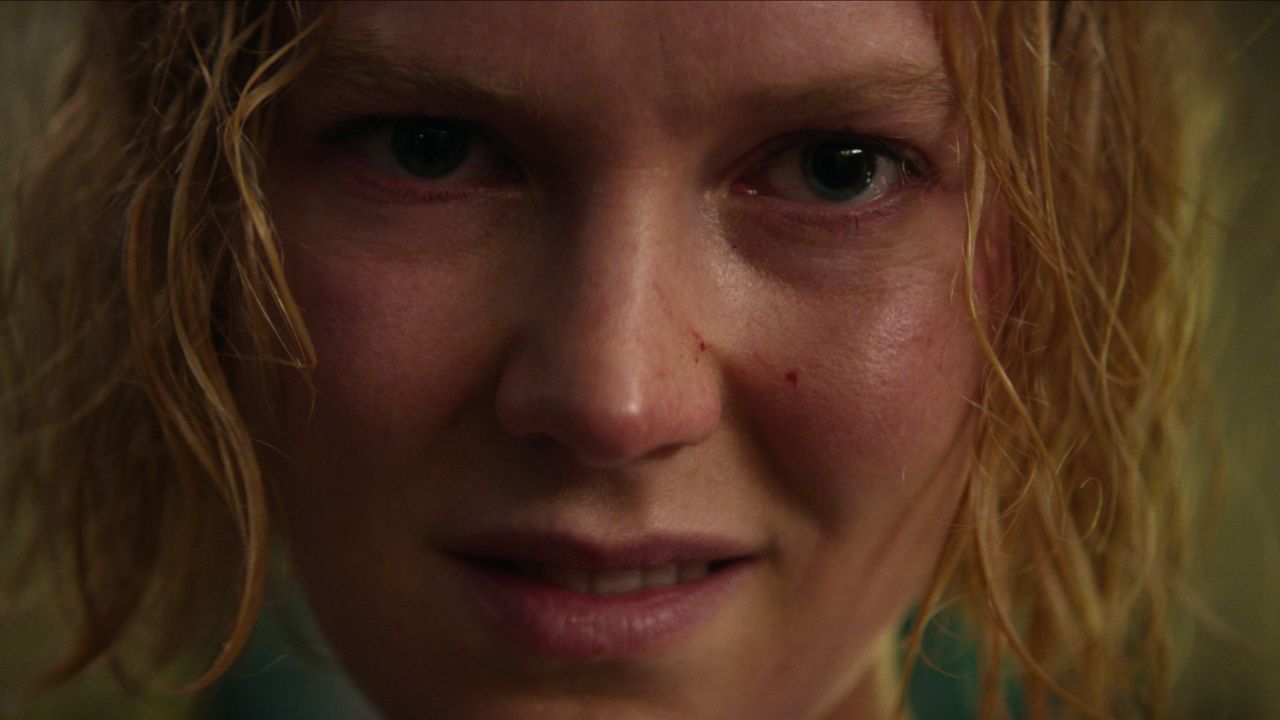
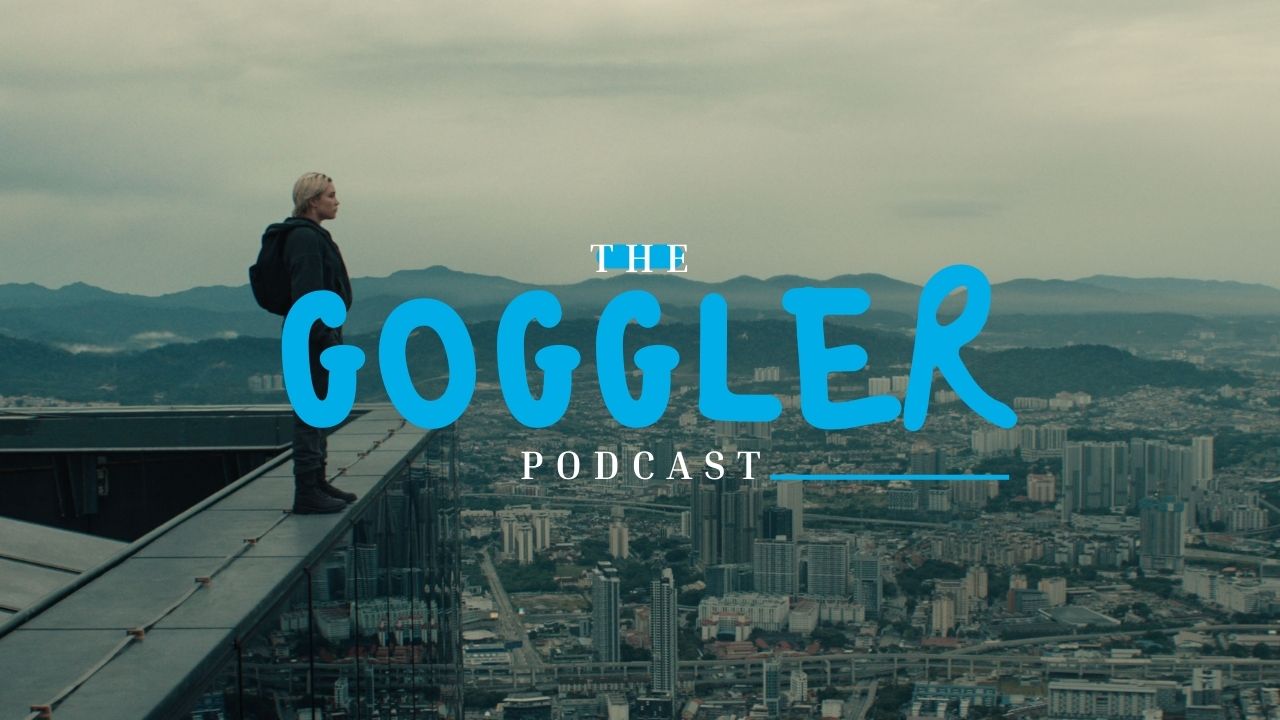
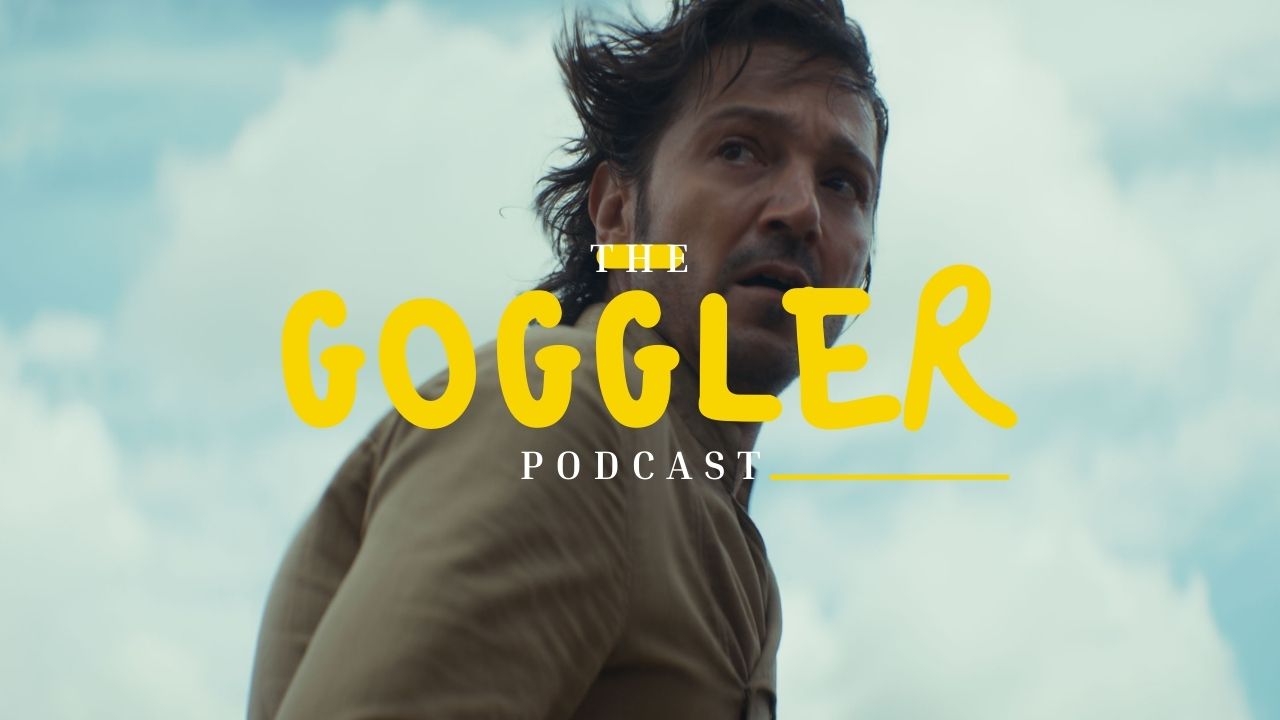

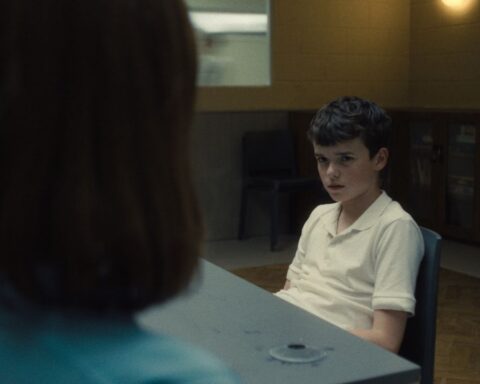
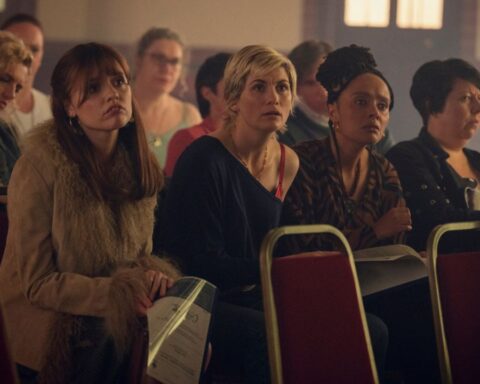
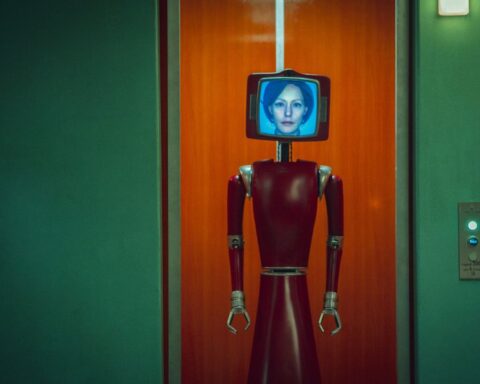

Follow Us